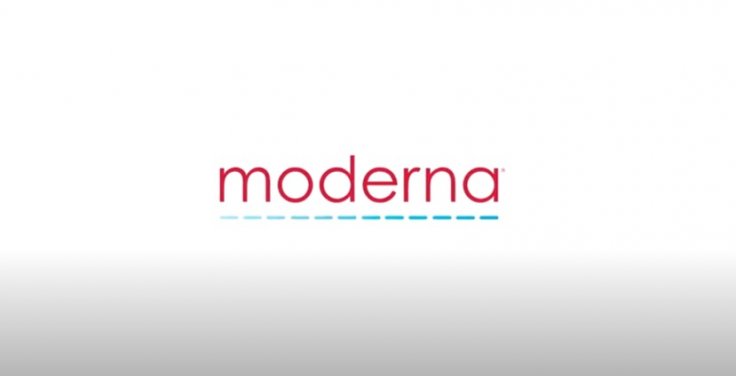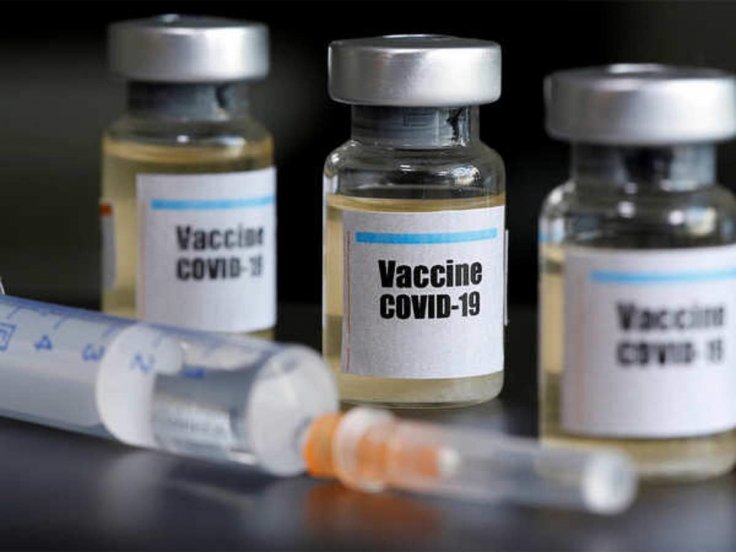After the Pfizer-BioNTech vaccine announcement last week, the drugmaker Moderna announced on Monday, November 16 that its Coronavirus vaccine candidate was 94.5 percent effective after it analyzed the results from its large, continuing study.
According to the researchers, the results are much better than what they earlier expected. But they also noted that the Moderna vaccine will not be widely available for months, maybe not until Spring 2021.
The successful vaccine news from Pfizer-BioNTech and Moderna offers hope to put an end to the pandemic that has infected over 53 million people worldwide and killed more than 1.2 million. However, there are 10 other companies that are currently conducting Phase 3 trials to produce an effective and safe vaccine, including efforts in Australia, the UK, China, India, and Russia, while over 50 other candidates are in earlier stages of testing.

The Food and Drug Administration in the US earlier said that a vaccine should be at least 50 percent effective to be approved, So, if that is the case, Moderna's 94.5 percent effective vaccine is the best so far. The White House Coronavirus advisor Dr. Anthony Fauci once said that "I would be satisfied with a 75 percent effective vaccine. Aspirationally, you would like to see 90, 95 percent, but I wasn't expecting it. I thought we'd be good, but 94.5 percent is very impressive."
Moderna Vaccine
Unlike the Pfizer vaccine, Moderna's candidate vaccine does not need ultra-cold storage which makes it easier to distribute. The developers said on Monday that the Moderna vaccine has a longer shelf life in the refrigerator than previously thought; it is 30 days, not seven and the vaccine will last 12 hours at room temperature.
The data from Moderna's trial which included 30,000 participants showed that the vaccine prevented cases of severe COVID-19. As per the study, 95 people contracted the coronavirus—including five who were vaccinated, and 90 who received a placebo. Among those 95 participants, 11 were severe — all in the placebo group.
Dr. William Schaffner, an infectious disease expert at Vanderbilt University said that the Moderna vaccine has presented the opportunity "of using doctors' offices, clinics and pharmacies as vaccination sites."

However, neither Moderna nor Pfizer found serious side effects, as only a few participants complained about sore arms, fever, fatigue, and joint and muscle ache for a day or two. Both the companies said they expected to apply within weeks to the FDA for an emergency authorization to start immunizing the public. Both vaccines require two shots.
Moderna said it is aiming for the production of 20 million doses by the end of this year that would be enough for 10 million people, while Pfizer said it would have almost 50 million by the same time. These two vaccines need two shots.









